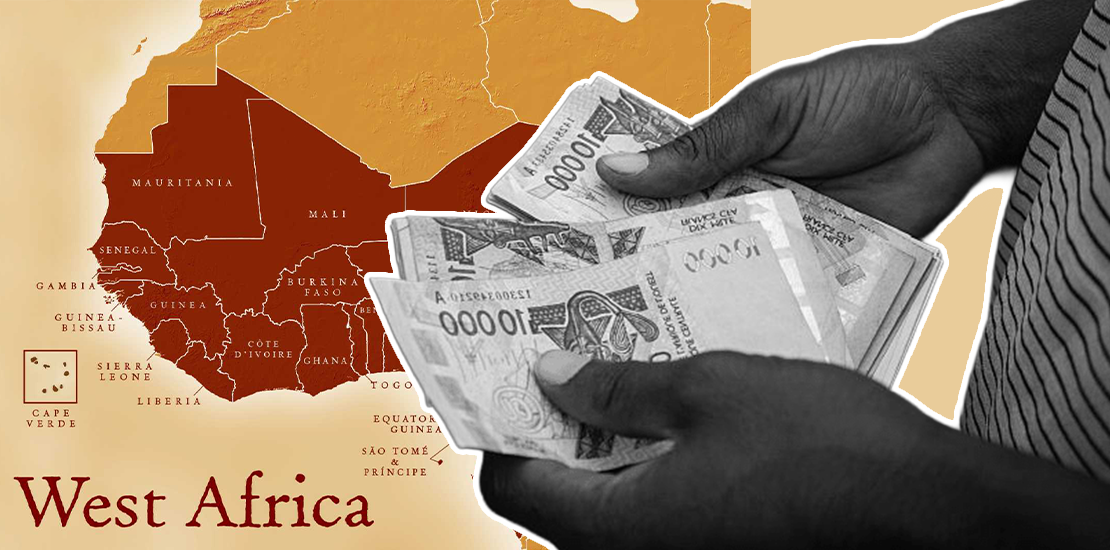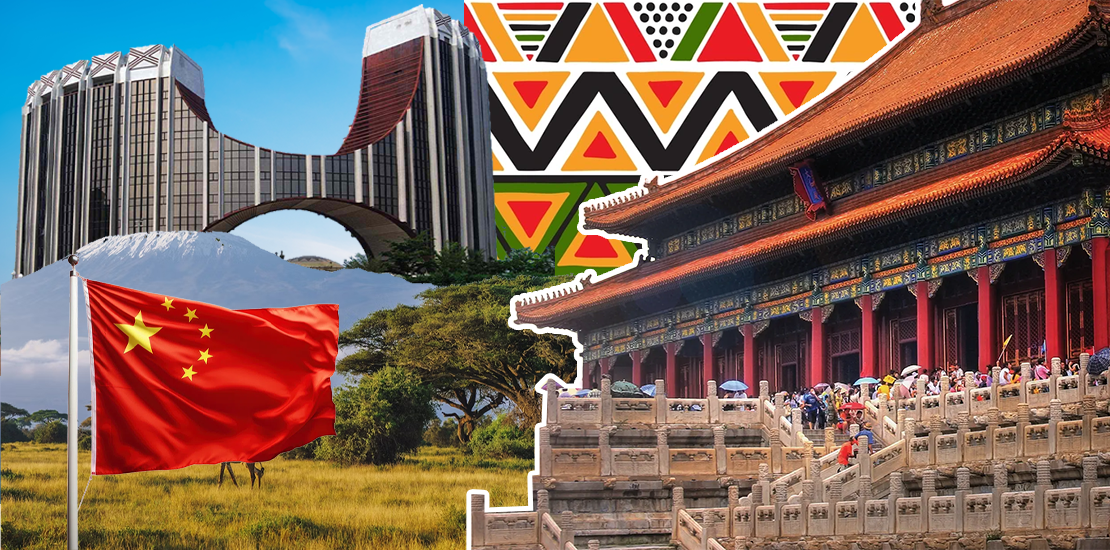From Malabo to Abuja, one thing is clear: in the shadows of African capitals, Western oil and gas multinationals are having a lasting influence on the design of laws, strategies and investments. The stakes go beyond rhetoric. It affects the sovereignty of states, the allocation of public resources and the pace of energy transition on a continent where almost 600 million people still live without electricity. This unbiased investigation exposes the mechanisms of influence, the players and the consequences.
At the heart of the subject is the ability of private players to influence the normative apparatus. In Nigeria, diplomatic cables made public in 2010 revealed that an Anglo-Dutch major boasted connections in several key ministries, giving it privileged access to decision-making. In other countries, reforms to oil and gas codes have been calibrated to secure fossil fuel investments: stability clauses, extended tax exemptions, relaxed environmental standards or accelerated evaluation deadlines. Nothing illegal per se, but an asymmetry of expertise and resources that steers the rules in favor of industrial interests.
Influence is also exerted on the international stage. At COP27, over six hundred representatives linked to fossil fuels obtained accreditation; twenty-nine countries even had lobbyists on their official teams. The effect is to frame the debate: to insist on gas as a “transitional energy”, to emphasize security of supply and immediate cost, to relativize the urgency of binding standards. The presence of these players, often better endowed than delegations from vulnerable countries, weighs on the tempo of commitments.
The data highlight a discrepancy between renewable potential and financial flows. Africa accounts for around 60% of the world’s best solar deposits, but only a small share of installed photovoltaic capacity. At the same time, major projects continue to focus on oil and especially gas: LNG terminals, power plants powered by new offshore fields, cross-border pipelines. This bias is due not only to attractive incentive frameworks and the liquidity of fossil fuel markets, but also to contractual engineering mastered by the majors and their advisors, which captures the attention of decision-makers.
Western majors pursue predictable objectives: protecting existing assets, opening up new reserves, guaranteeing stable tax regimes and standards compatible with their investment schedules. They finance studies extolling the role of gas in the transition, support industry platforms advocating a hydrocarbon “right to development”, and deploy muted lobbying via law firms, consultants, trade associations and think tanks . Their strategy is not so much to oppose renewables head-on as to delay their development wherever this threatens the value of fossil fuel assets.
Governments, for their part, are arbitrating under severe budgetary and social constraints. In oil-producing countries, hydrocarbon revenues continue to play a decisive role in balancing public finances. The promise of jobs, revenue and infrastructure weighs heavily against social emergencies. Many leaders put forward an argument of justice: large-scale electrification would justify the use of available gas resources. This position, supported by African professional organizations, seeks to reconcile development and transition, but de facto reinforces the priority given to fossil fuel projects.
Civil society acts as a counterweight, documenting local impacts and legal risks. In the Niger Delta, decades of exploitation have left behind massive environmental liabilities and an abundance of litigation; the memory of the “Ogoni Nine”, executed in 1995 after denouncing pollution, still fuels mistrust. Cases such as OPL245, involving a license granted in 2011 and a payment of around $1.1 billion, illustrate the blurring of the line between influential lobbying and the capture of public decisions, even when proceedings end in contrasting legal outcomes.
Today’s choices set trajectories that are difficult to reverse. Fossil fuel infrastructures mobilize heavy capital and long-term contracts. If global demand for gas slows down in line with climate policies, part of Africa’s assets could be depreciated before delivering the expected revenues: this is the risk of “stranded assets”, with the attendant debt, unfavorable budgetary trade-offs and little margin for financing health, education or climate adaptation. On the ground, poorly regulated fossil fuel expansion can also exacerbate land-use conflicts, undermine confidence in institutions and delay the upgrading of networks essential to the deployment of renewables.
Conversely, an orderly acceleration of solar and wind power, combined with mini-grids and storage solutions, reduces import bills, mitigates vulnerability to price shocks and creates local installation and maintenance jobs. But to achieve this, concrete reforms are needed: predictable tariff frameworks, transparent tendering, foreign exchange guarantees to lower the cost of capital, strengthened regulators and grid planning to integrate variable capacity.
Three levers can limit policy capture. Firstly, full transparency of contracts and beneficial owners: systematically publishing terms, stability clauses and environmental commitments makes public debate more informed. Secondly, include flexibility and climate adjustment clauses in infrastructure agreements: these avoid locking in the future allocation of capital, and allow for revisions if markets or technologies evolve. Finally, build a more offensive African energy diplomacy: negotiate “transition packages” combining renewable investments, interconnections, training and concessional financing, in order to loosen the cost-of-capital constraint that penalizes clean projects.
This picture calls for neither anathema nor naivety. Companies are responding to economic incentives, governments to real social emergencies. But the depth of the facts gathered suggests an effective system of influence to protect fossil fuel interests, to the detriment of more sustainable options. The challenge is first and foremost institutional: to correct asymmetries in information, financing and negotiating power. Africa has the potential to lead a fair and sovereign transition; the condition is that its energy policies are written in the open, on the basis of independent assessments and explicit public objectives.







